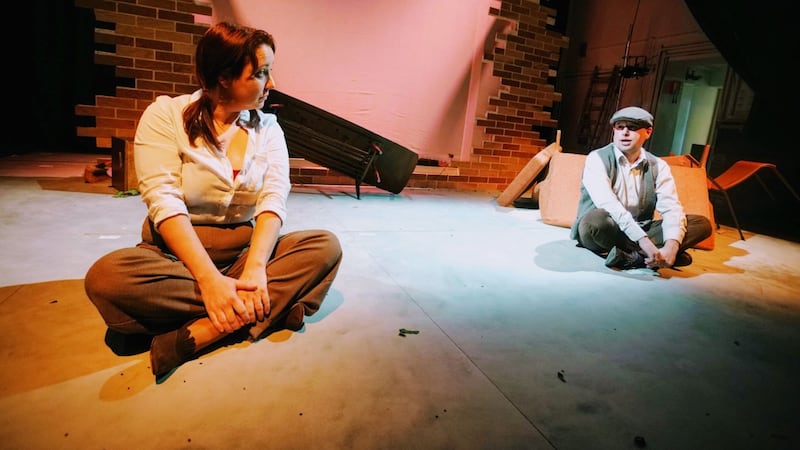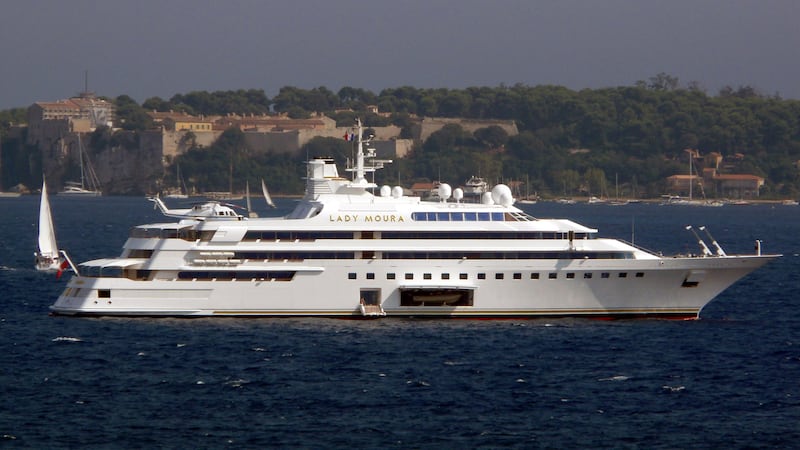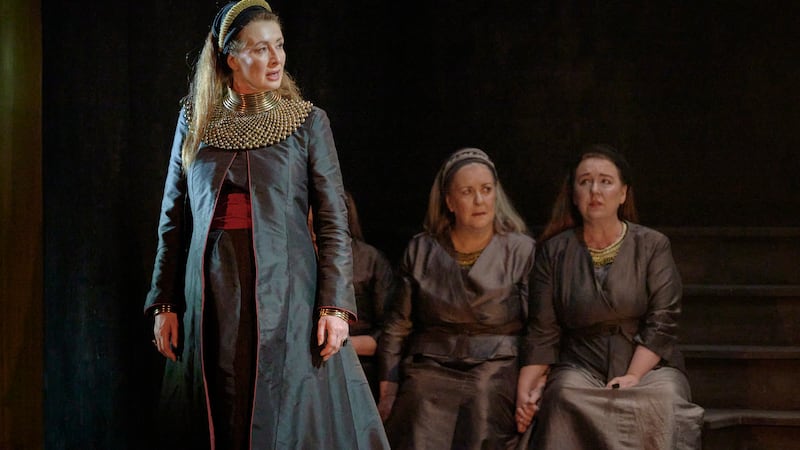In a galaxy, far, away, two young people are dreaming about their future.
Love and apprehension and high hopes are all mixed up as the youngsters plan their lives together with just one non-negotiable - the Irish language would be an essential part of their lives.
Of course, the early 1960s now feel like a far-off galaxy but the dreams of the young couple and others like them have not only come true but have ben fulfilled to an extent that they could never imagined.
Their many exploits are recounted in Aisling Ghéar’s new play, Is Iomaí Rud a Tharla, written by former Bunscoil Phobal Feirste pupil, Nuala Ní Néill.
The play is basically a love story - the love of a group of young couples for each other and for a language and culture which should have died out centuries ago, but the tenacity of the language was more than matched by that of the people who set up Ireland’s first urban Gaeltacht 50 years ago this year.
Whatever could be thrown at them was, by the Stormont administration, the Catholic church, even the local community who thought the Irish speakers were, well, a wee bit mad!
There might be a grain of truth in that they’ll readily admit but it added to the mixture of intelligence, stubbornness, creativity, idealism and a never-say-die spirit as obstacle after obstacle fell before them.
Nuala Ní Néill and Tony Devlin played the young couple, an amalgam of the real-life Shaws Road pioneers, as they fought to buy the land on which the Gaeltacht still stands, the endless money-raising functions they organised, the depths of negativity they faced, the sheer drudgery of what they had to do, and yet they faced it with quiet confidence and good humour.
I loved the fact that the play opened with the Ink Spots singing I Don’t Want to Set the World on Fire as the aims of the Gaeilgeoirí were quite modest but each success brought up new challenges to be overcome and through the simple attitude of Ná habair é, Déan é, the Irish speaking community grew exponentialy aided by an innovtive cultural infrastructure to cater for them.
The Troubles were going on around them but rightly are just part of the background in Is Iomaí Rud a Tharla.
Growing families meant that a school was required and, recognising that a school serving only the children of the Shows Road Gaeltacht wasn’t viable, they took the far-reaching decision to open it up to children of non-Irish speakers, thus creating the educational revolution we have seen over the past five decdes.
The success of that decision can be seen in the fact that there are 51 Irish-medium nurseries, 36 primary schools and five second level colleges where subjects are taught through Irish.
But behind the figures are the daily struggles of the people who brought this social revolution about.
After building the “Irish houses” on the Shaws Road, the community then helped to rebuild Bombay Street which was burned down at the hight of the troubles in August, 1969.
Is Iomaí Rud a Tharla shows us the humour and the glorious humanity of a group of people from their idealistic youth to their just as idealistic later years and the ups and downs in between.
Is there a community of people anywhere else in the north which has transformed the society in which they live as much as the Irish language community has changed west Belfast?
Is Iomaí Rud a Tharla is essentially local in its nature, telling the story of one set of houses in west Belfast but it is also a universal story of how “ordinary” people can and do achieve extraordinary things.
Nuala Ní Néill’s script does all those dreamers justice. The play really should go on tour.



